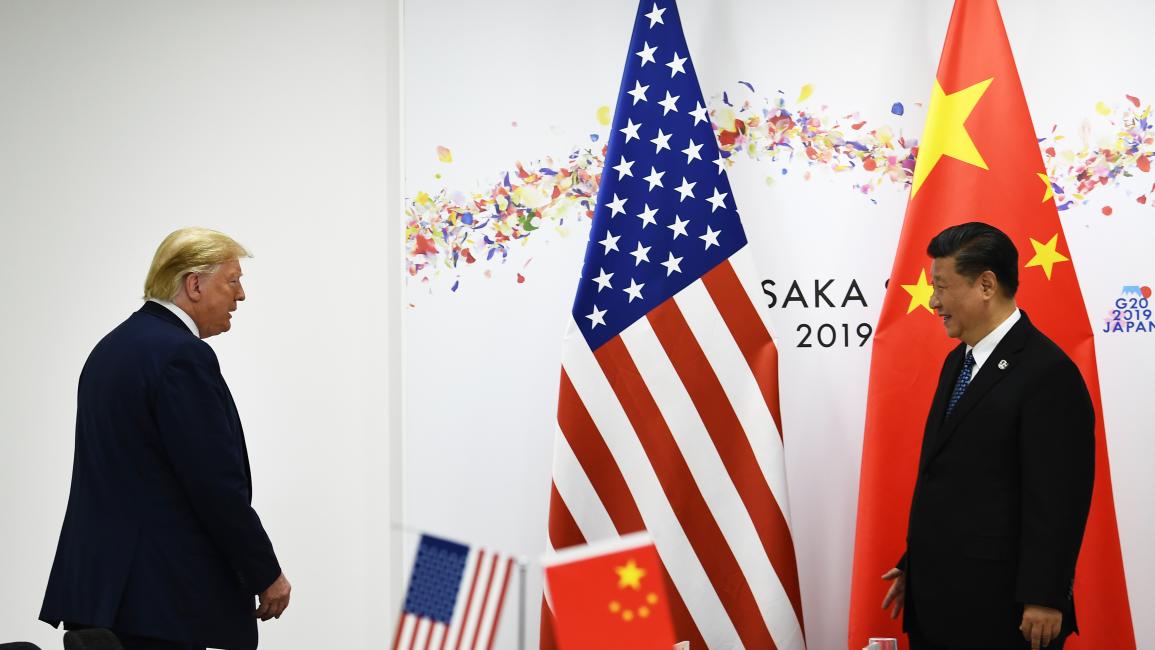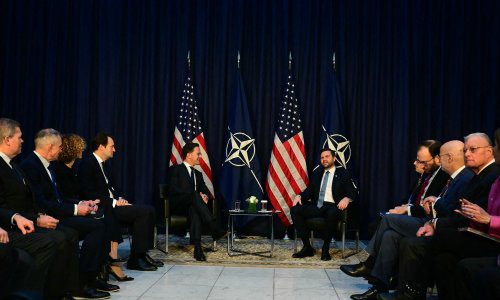Will Chicago Turn Into a Battleground Between Protesters and Trump’s Forces?

Chicago has long been a flashpoint for political protests, social unrest, and debates over law enforcement. With Donald Trump once again pushing for tougher measures on crime and demonstrations, concerns are rising that the city could become a symbolic battleground between protesters and federal forces loyal to Trump’s agenda. The stakes are high, as the city’s future stability could influence national debates on democracy, law, and order.
Chicago’s History of Protest
Chicago has a deep history of political demonstrations, from the 1968 Democratic National Convention to more recent protests over police violence and racial injustice. The city has often served as a stage for larger national debates, making it an obvious flashpoint when tensions escalate. Breaking News outlets frequently report that any major unrest in Chicago tends to capture global attention.
Trump’s “Law and Order” Approach
During his presidency, Trump positioned himself as the candidate of “law and order.” He frequently criticized Democratic-led cities, particularly Chicago, for failing to control crime and violence. According to Trump News, Trump has indicated that, if re-elected, he would not hesitate to deploy federal forces to restore order, regardless of local government opposition.
Democratic Opposition
Chicago’s leadership, dominated by Democrats, has consistently resisted federal intervention. City officials argue that Trump’s approach is more about political theater than genuine public safety. They believe deploying federal forces could escalate tensions rather than resolve them. U.S News highlights that Democrats nationwide view Trump’s threats as an authoritarian overreach.
The Role of Protest Movements
Activist groups in Chicago are preparing for renewed demonstrations if Trump returns to power. Many fear that civil liberties could be suppressed under the guise of national security. Protesters argue that federal involvement in local policing undermines democracy and increases the risk of violent clashes. The possibility of large-scale demonstrations raises questions about how the city can balance free expression with public safety.
Public Opinion in Chicago
Chicago residents are deeply divided. Some support tougher measures, citing high crime rates and the need for stronger enforcement. Others warn that Trump’s rhetoric demonizes the city and its communities. The city’s diverse population reflects the larger national divide, making Chicago a microcosm of America’s political polarization.
Federal vs. Local Authority
The tension between federal power and local governance is central to this debate. Constitutionally, local governments control policing, but federal intervention has been used historically during times of civil unrest. If Trump acts unilaterally, legal battles are almost guaranteed. This conflict could set important precedents for the balance of power in U.S governance.
The Risk of Escalation
Deploying federal forces in a city with active protests can create a cycle of confrontation. Protesters may feel provoked, while law enforcement becomes more aggressive in response. Such dynamics could turn Chicago into a stage for violent clashes, amplified by partisan media coverage. Internationally, World outlets warn that this would damage America’s image as a democratic nation.
Broader Implications for 2025
What happens in Chicago will resonate far beyond the city. If Trump enforces federal intervention, it could embolden similar actions in other cities. If Chicago resists successfully, it could inspire other Democratic-led cities to push back against federal overreach. Either way, the conflict will shape the narrative of the 2025 elections and the future of civil liberties in the U.S.
Analysis and Conclusion
Chicago’s potential role as a battleground between protesters and Trump’s forces symbolizes the broader national divide. For Trump, intervention would demonstrate strength and commitment to law and order. For his critics, it represents an authoritarian step that undermines democracy. The outcome of this struggle will not only determine Chicago’s immediate future but also set the tone for how America handles dissent and governance in a polarized era.




